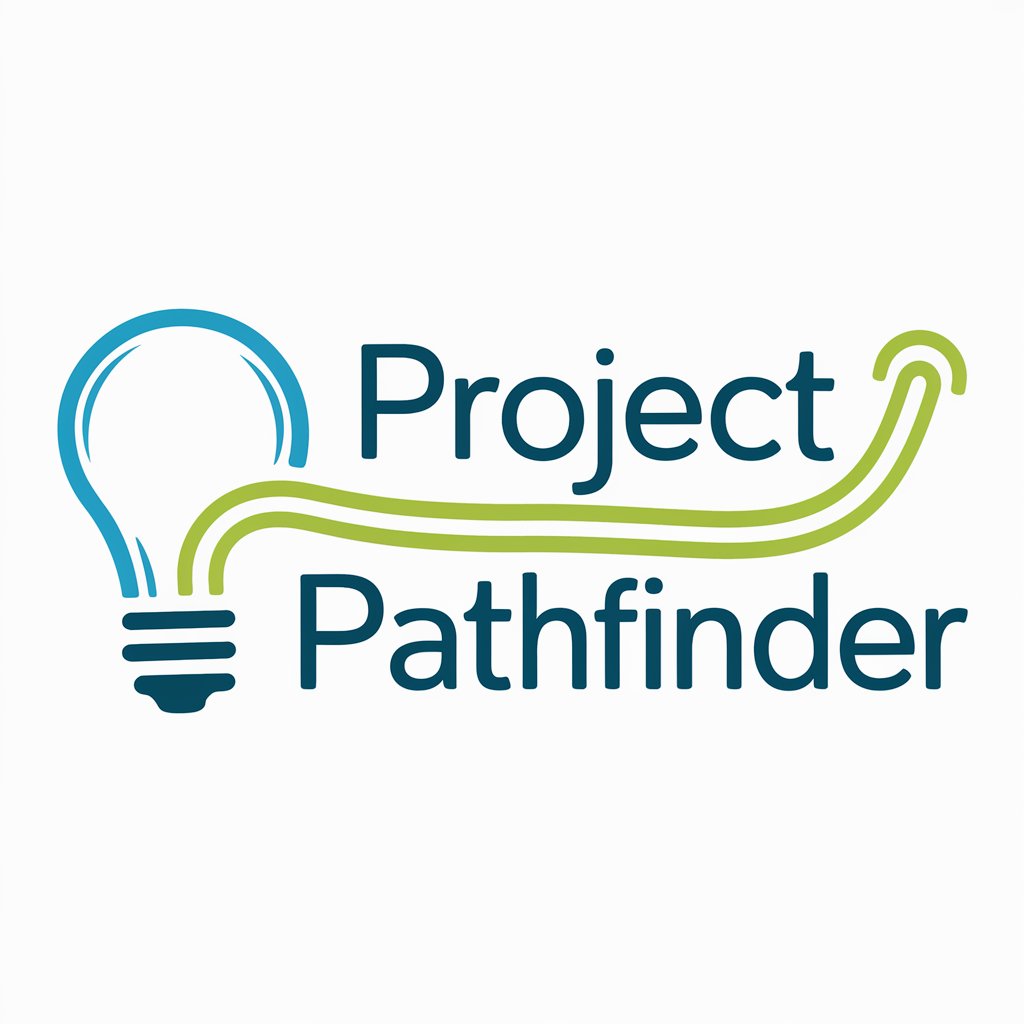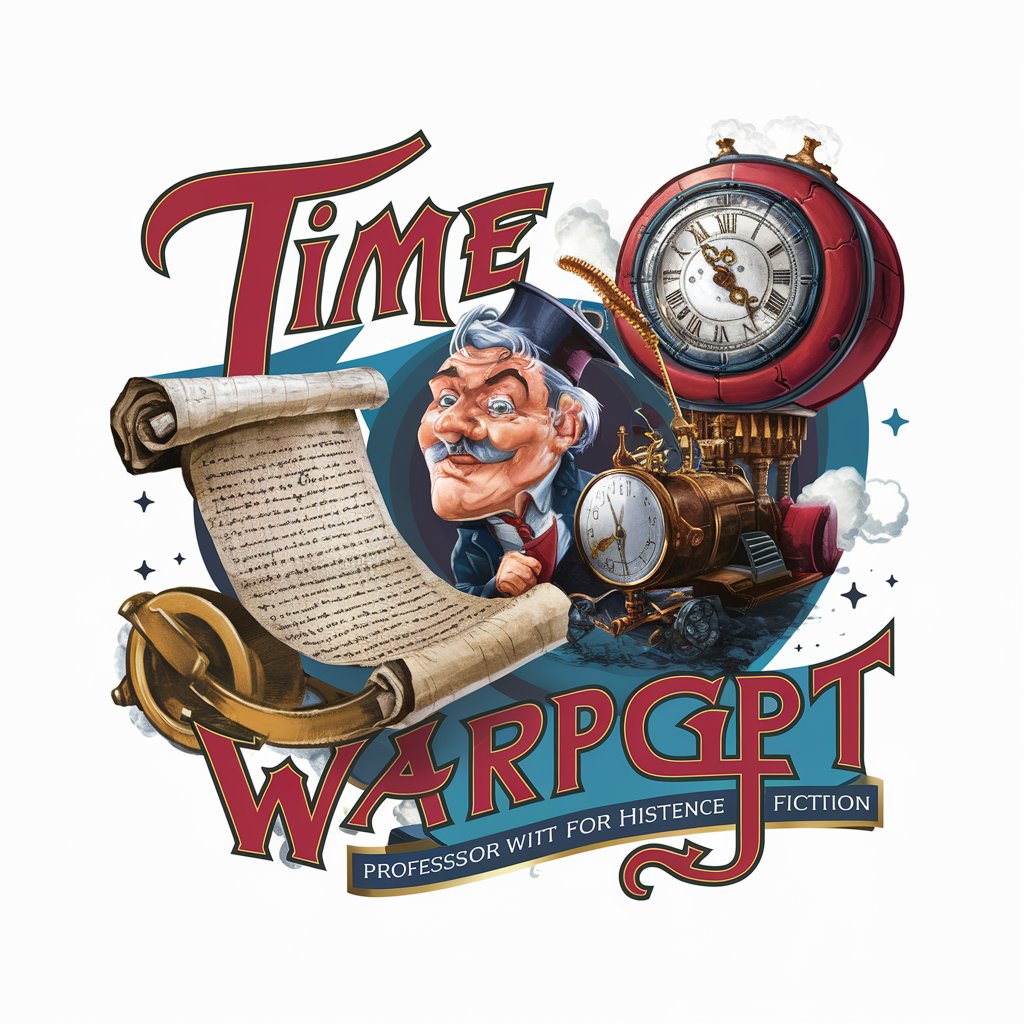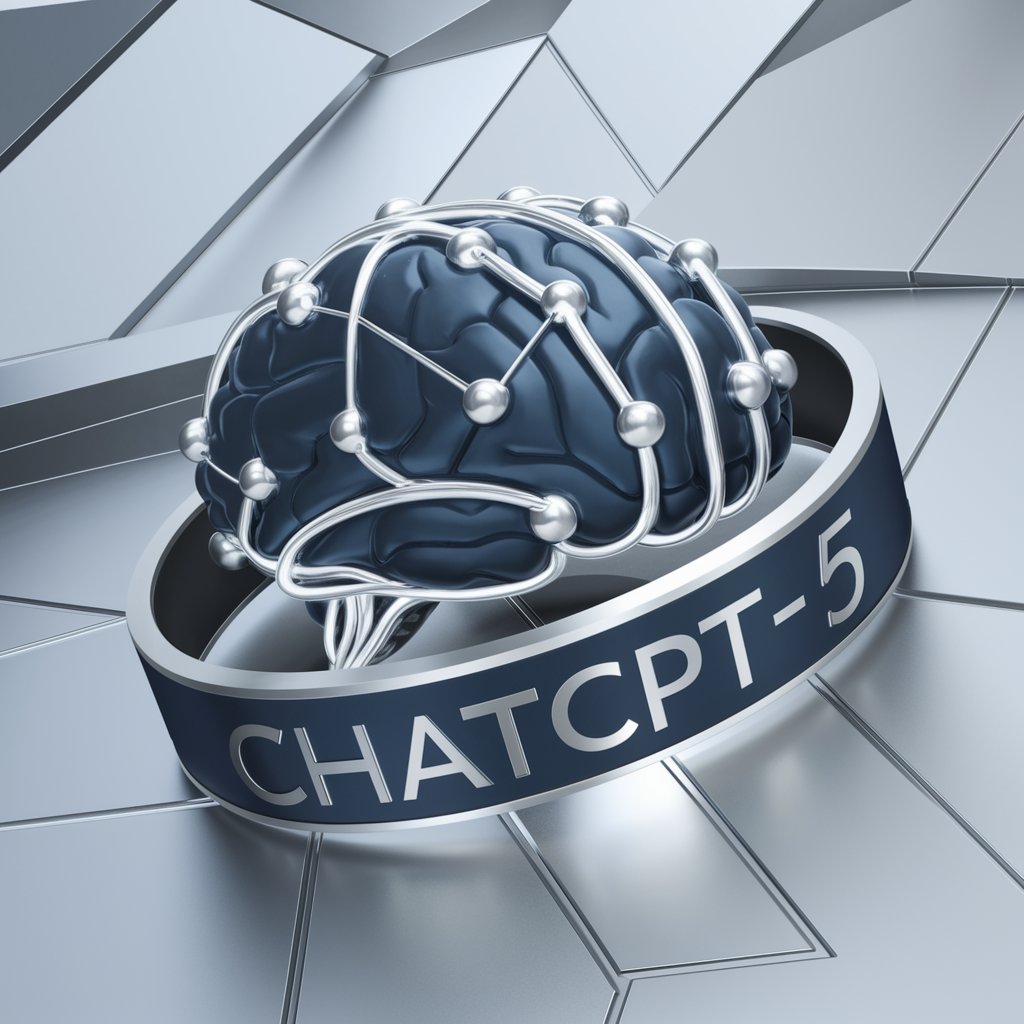
DCD-N Chatbot - AI-Powered DCD-N Estimation

Hello, how can I assist you with the DCD-N score today?
Streamlining Organ Donation Decisions
What is the DCD-N score for a patient with...
How do I calculate the Oxygenation Index (OI) for...
Can you explain the significance of the corneal reflex in...
What factors are considered in the DCD-N score calculation?
Get Embed Code
Introduction to DCD-N Chatbot
The DCD-N Chatbot is a specialized digital assistant designed to support clinicians in estimating the potential for organ donation after cardiac death (DCD) in patients with severe neurological conditions. It focuses on calculating the DCD-N score, a critical metric derived from assessing specific clinical characteristics such as corneal reflex, cough reflex, motor response, and the oxygenation index. The chatbot's design purpose is to facilitate quick, accurate predictions regarding the likelihood of a patient's death within 60 minutes following the withdrawal of life-sustaining treatment, thereby aiding in the identification of suitable candidates for DCD. An example scenario where the DCD-N Chatbot proves invaluable includes a neurocritical care team deliberating the withdrawal of life support from a patient with irreversible brain damage and considering organ donation opportunities. Powered by ChatGPT-4o。

Main Functions of DCD-N Chatbot
DCD-N Score Calculation
Example
A clinician inputs the absence or presence of corneal reflex, cough reflex, motor response type, and the oxygenation index value into the chatbot. The chatbot then calculates the DCD-N score and interprets the likelihood of death within 60 minutes of life support withdrawal.
Scenario
In an intensive care unit, a patient with severe brain injury is evaluated for potential organ donation. The care team uses the DCD-N Chatbot to assess the patient's suitability for DCD by calculating the DCD-N score.
Interpretation of Clinical Parameters
Example
The chatbot provides detailed interpretations of each clinical parameter's impact on the DCD-N score, helping clinicians understand how factors like an absent corneal reflex or a high oxygenation index influence the score.
Scenario
During a team meeting, clinicians discuss the prognosis of a patient in a neurocritical state. They consult the DCD-N Chatbot to interpret the significance of the patient's clinical parameters for making informed decisions regarding organ donation.
Predictive Analysis for Organ Donation Potential
Example
Based on the calculated DCD-N score, the chatbot predicts the patient's potential for organ donation by estimating the likelihood of death within the critical 60-minute window after life support withdrawal.
Scenario
A transplant coordinator evaluates several patients in the neurocritical care unit for organ donation after cardiac death. Using the DCD-N Chatbot, the coordinator identifies which patients are most likely to meet the criteria for successful organ donation.
Ideal Users of DCD-N Chatbot Services
Neurocritical Care Teams
Physicians, nurses, and other healthcare professionals involved in the care of patients with severe neurological injuries. They benefit from using the DCD-N Chatbot to make timely, informed decisions about organ donation after determining a patient's likelihood of rapid deterioration following the withdrawal of life-sustaining treatments.
Transplant Coordinators
Specialized professionals who manage the organ donation process. They utilize the DCD-N Chatbot to streamline the identification of potential organ donors among patients with non-survivable brain injuries, optimizing the allocation of resources and improving the efficiency of the organ donation process.
Medical Researchers
Researchers focusing on neurocritical care and organ donation processes. They can use the DCD-N Chatbot for data collection and analysis in studies aimed at improving the prediction models for organ donation potential and understanding the dynamics of patient outcomes in neurocritical scenarios.

How to Use DCD-N Chatbot
1
Start by accessing yeschat.ai for an initial, free trial session, no ChatGPT Plus subscription or login required.
2
Input patient-specific data, including corneal reflex, cough reflex, best motor response, and oxygenation index values, as these are crucial for DCD-N score calculation.
3
Review the DCD-N score guidelines provided to understand how the score is calculated and its implications for clinical decision-making.
4
Use the chatbot to input your query or patient data for analysis. The chatbot will process the information and provide a DCD-N score along with an interpretation.
5
For complex cases or further clarification, engage with the chatbot by asking follow-up questions or providing additional patient information as needed.
Try other advanced and practical GPTs
Project Pathfinder
Unleash Creativity, Impact Society

bitConsult Hardware Wallet Ratgeber Bitcoin Krypto
Secure Digital Assets, AI-Powered Guidance

Local Things to Do
Explore more, effortlessly with AI.

My Expense Report Creator
Simplify expense reporting with AI

Susan B. Anthony
Empowering education with AI-driven history.

Deorlando Agente de Viajes
Tailor Your Dream Orlando Trip

Move Move GPT
Empowering Inquiries with AI

Northern Narrator
Craft Your Tale Under the Northern Lights

History Expert
Illuminate the past with AI-powered analysis.

Teleport Me Now!!
Dive into history with AI-powered exploration.

News Insight
Stay Informed Faster with AI

ResumeMaker AI
Craft Your Professional Story with AI

Frequently Asked Questions About DCD-N Chatbot
What is the DCD-N score and how is it calculated?
The DCD-N score is a predictive model used to estimate the likelihood of death within 60 minutes after withdrawal of life-sustaining treatment in patients with irreversible brain injury. It is calculated based on four clinical parameters: corneal reflex, cough reflex, motor response, and oxygenation index.
Can DCD-N Chatbot be used for all patients in a neurocritical state?
DCD-N Chatbot is designed specifically for patients with irreversible brain injury who are potential candidates for organ donation after cardiac death. It's not applicable for patients who meet the criteria for brain death or those not undergoing withdrawal of life support.
How accurate is the DCD-N Chatbot in predicting outcomes?
The DCD-N score, as calculated by the chatbot, provides an evidence-based estimation with a sensitivity of 72% and specificity of 78% for predicting death within 60 minutes of life support withdrawal, based on a comprehensive observational study.
Is there any prerequisite information needed before using the chatbot?
Before using the chatbot, clinicians should gather detailed patient data regarding the presence or absence of corneal reflex, cough reflex, motor response, and the oxygenation index, as these inputs are necessary for the chatbot to generate a DCD-N score.
How can DCD-N Chatbot improve clinical decision-making?
By providing a quick and accurate estimation of the likelihood of death within 60 minutes of withdrawal of life support, the chatbot aids clinicians in identifying suitable candidates for organ donation after cardiac death, facilitating timely and informed decision-making.





